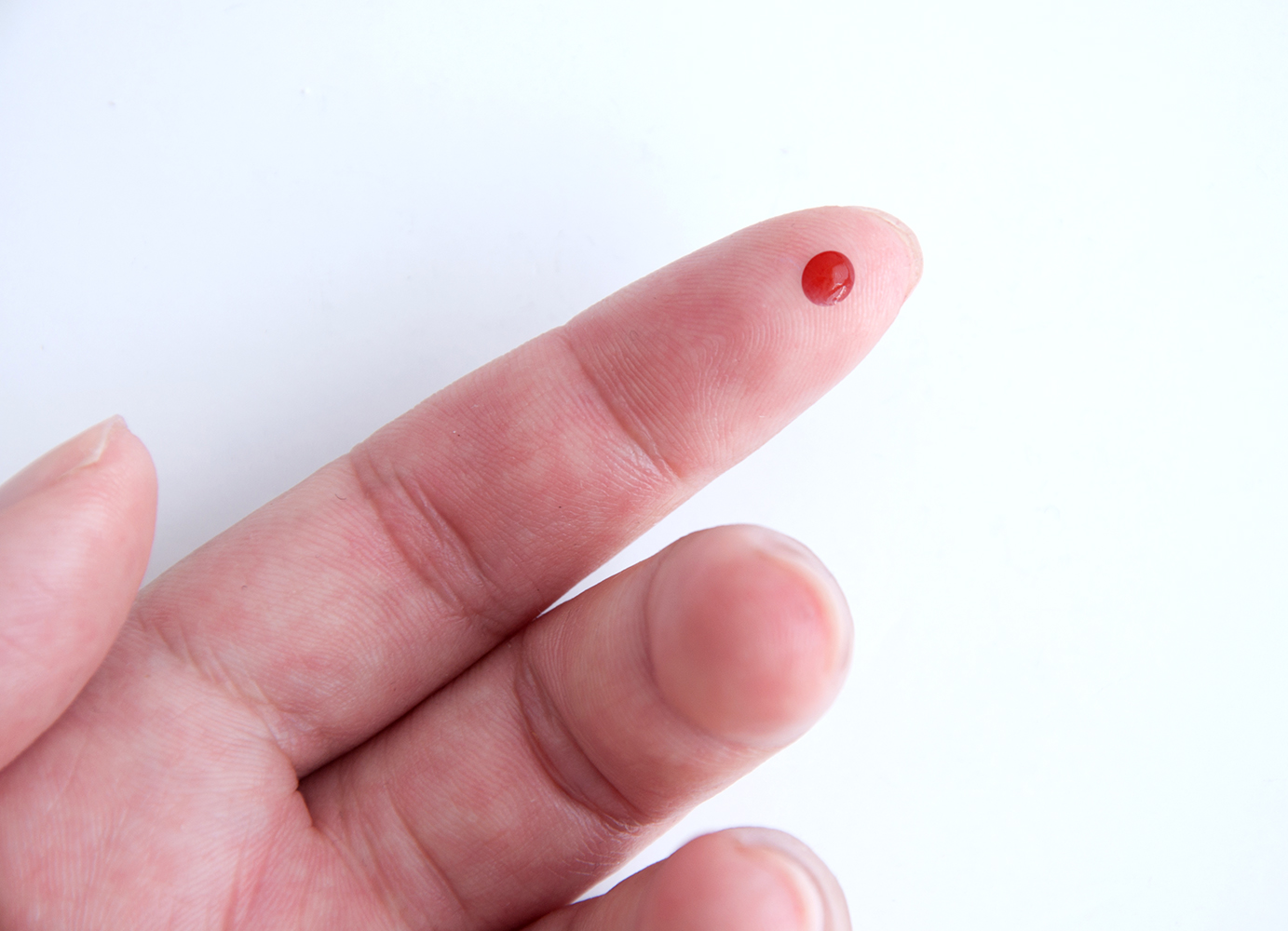Statistics Canada is mailing out thousands of kits to find out how many of us have COVID-19 antibodies
By Caitlin Finlay
Don’t panic if you get a blood-test kit in the mail: in an effort to determine the prevalence of coronavirus antibodies across the country, Statistics Canada is asking 48,000 randomly selected Canadians to provide a blood sample by means of a finger prick. The first set of blood-test kits was sent out in November, with more being sent in January with the hope of getting 48,000 Canadians to participate. The survey is ongoing until March, and the results are expected to be available in May or June.
Participants were chosen at random in order to get a representative sample of the population. An online brochure published by Statistics Canada states, “Your participation will help in further understanding the impact of COVID-19. The results will help indicate how many people have been infected with COVID-19 (SARS-CoV-2), including those who may not have had related symptoms.”
While the survey received some media coverage in November, it wasn’t widely advertised, and many Canadians were surprised and wary upon receiving the blood-test kit. Peter Jiao, the head of Statistics Canada’s COVID-19 and health data projects, spoke with CBC News and confirmed that it is a legitimate survey. Jiao told CBC News: “We do understand there is a level of discomfort associated with this test, but do hope that Canadians see the value in taking the time.”
The survey consists of an electronic questionnaire and a blood-test kit. Recipients are asked to complete an electronic questionnaire in which they provide health information and can consent to the blood test. The blood test kit includes gloves, alcohol swabs, a needle, a dried-blood-spot card on which to mark five spaces using the pricked finger, and various other items for the sterile blood collection and packaging.
The blood-test sample should be returned to Statistics Canada using the provided prepaid postage envelope. The returned sample will be anonymous, as it doesn’t contain any identifying personal information. Statistics Canada will send the collected samples to the National Microbiology Lab in Winnipeg for analysis. The samples will be able to show whether the respondent contracted COVID-19 and whether or not he or she was symptomatic, and if antibodies are present, the test can determine whether their presence is due to someone having contracted the virus or having received a vaccine.
Following the sample analysis, respondents will receive a letter to let them know if they have coronavirus antibodies. The survey results will be used to produce a report in which Statistics Canada can demonstrate the prevalence of coronavirus both across Canada and within each province and territory.
Photo: iStock/CharlieAJA.






